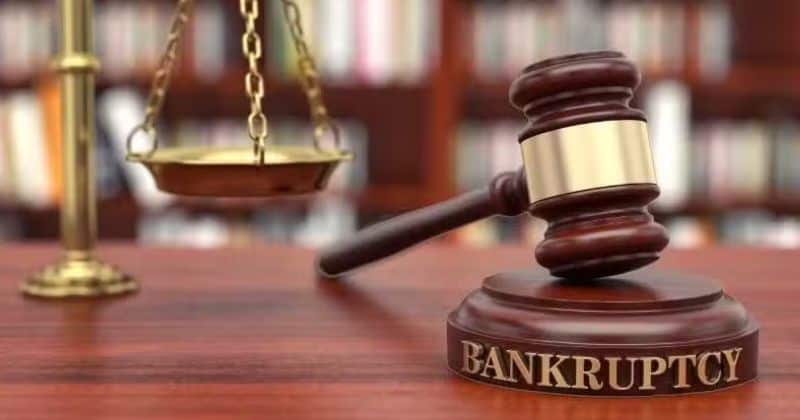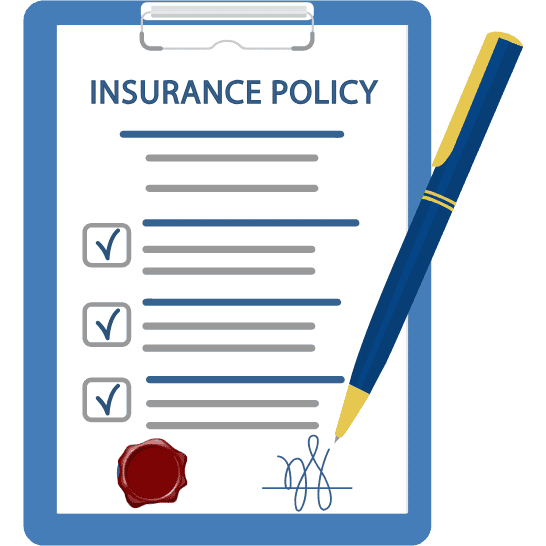Understanding Debt Consolidation
Debt consolidation is a financial strategy that involves combining multiple debts into a single loan or repayment plan. This option is often used by individuals struggling with credit card debt, personal loans, or other unsecured liabilities. The goal is to simplify payments, lower interest rates, and provide a structured repayment plan.
How Debt Consolidation Works
-
Debt Consolidation Loan: A borrower takes out a loan to pay off multiple debts. This loan typically comes with a lower interest rate and a fixed repayment term, making monthly payments more manageable.
-
Balance Transfer Credit Cards: Some individuals transfer multiple credit card balances to a single card with a low or zero-interest introductory period. This allows them to pay down their debt without accumulating excessive interest.
-
Debt Management Plans: A structured program where a third-party agency negotiates lower interest rates and payment plans with creditors on behalf of the debtor.
Pros of Debt Consolidation
-
Lower Interest Rates: By consolidating high-interest debts, you can save money over time.
-
Single Monthly Payment: Managing one loan instead of multiple debts reduces stress and confusion.
-
Improved Credit Score: If payments are made on time, debt consolidation can boost your credit score.
-
No Legal Consequences: Unlike bankruptcy, this option does not involve court proceedings.
Cons of Debt Consolidation
-
Requires Good Credit: To secure a low-interest consolidation loan, a decent credit score is often necessary.
-
Not a Debt Eraser: It does not eliminate debt, only restructures it.
-
May Incur Additional Fees: Some consolidation programs charge fees that add to the overall cost.
Understanding Bankruptcy
Bankruptcy is a legal process that provides financial relief to individuals who cannot repay their debts. It can either eliminate debts entirely or create a structured repayment plan under court supervision.
Types of Bankruptcy
-
Liquidation Bankruptcy (Chapter 7): In this type, a debtor’s non-exempt assets are sold to repay creditors. Any remaining eligible debt is discharged, giving the individual a fresh financial start.
-
Reorganization Bankruptcy (Chapter 13): This allows individuals to retain assets while following a court-approved repayment plan, usually lasting three to five years.
Pros of Bankruptcy
-
Debt Discharge: Many debts can be wiped out, providing immediate financial relief.
-
Legal Protection: Bankruptcy courts impose an automatic stay, preventing creditors from harassing borrowers.
-
No More Collection Calls: Creditors are legally required to stop collection efforts.
-
Fresh Financial Start: Provides an opportunity to rebuild finances from scratch.
Cons of Bankruptcy
-
Severe Credit Impact: Bankruptcy can stay on your credit report for up to 10 years, making it difficult to obtain loans in the future.
-
Loss of Assets: In Chapter 7 bankruptcy, valuable assets may be liquidated.
-
Public Record: Bankruptcy filings are public information.
-
Legal and Court Costs: Filing for bankruptcy involves legal fees and court costs.
Debt Consolidation vs. Bankruptcy: Which One Should You Choose?
The decision between debt consolidation and bankruptcy depends on multiple factors such as the amount of debt, financial stability, and long-term goals.
When to Choose Debt Consolidation
- Your total debt is manageable and does not exceed half of your annual income.
- You have a good or fair credit score that qualifies you for low-interest consolidation loans.
- You can afford monthly payments and are willing to commit to a repayment plan.
- You want to avoid the long-term credit damage that comes with bankruptcy.
When to Choose Bankruptcy
- Your debts are overwhelming, and you cannot meet even minimum payment obligations.
- Creditors are taking legal action against you.
- You have little to no disposable income to allocate toward debt repayment.
- You are looking for a clean financial slate, even at the cost of credit damage.
If you are struggling with unsecured loans, credit card debt, or financial harassment, RupeeRelief offers expert assistance in debt settlement and negotiation. Instead of resorting to extreme measures like bankruptcy, RupeeRelief helps individuals reduce their debt burden by negotiating with creditors to lower the outstanding amount.
Final Thoughts
Debt consolidation and bankruptcy each serve different financial needs, and the right choice depends on your specific circumstances. Before making any decision, it is advisable to consult a financial expert or a debt relief service like RupeeRelief to explore all available options.


